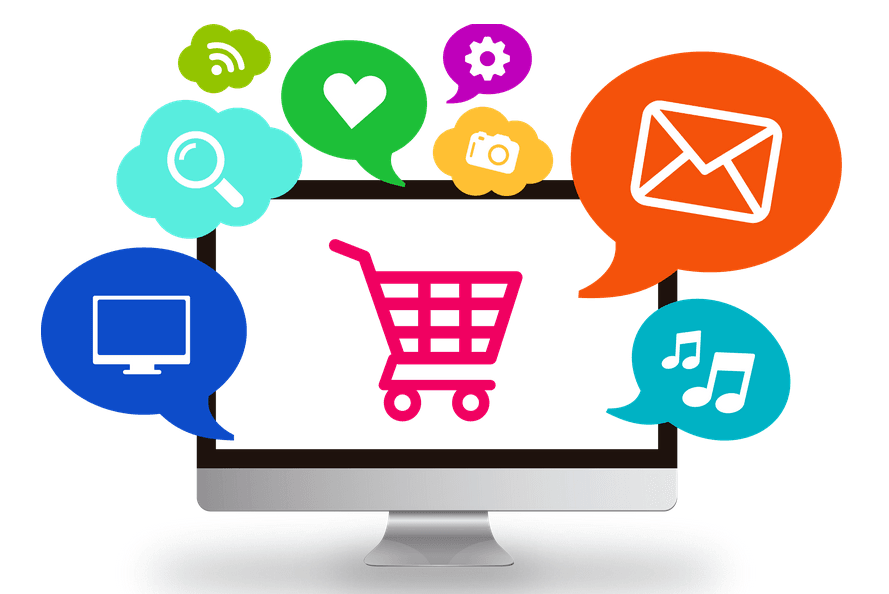1. Strong Passwords
Setting up strong passwords is the easiest thing you can do to fortify your virtual data library. Experts recommend using a hard to crack password that has a combination of upper- and lower-case letters, symbols and numbers; your passwords should be eight to twelve characters long.
Microsoft strongly advises against using personal data, character/number sequences, characters/numbers close to each other on the keyboard, and common words spelled backwards.
What about changing passwords? Change them as often as every 90 days, and more frequently if you have highly sensitive data. Additionally, make sure every person in your business has an individual username and password. Using one shared password poses a security risk. Also, and this should be a no-brainer, never write it down!
SEE ALSO: Great Link Building Strategies for Ecommerce Sites
2. Strong Firewall Protection
Firewalls are a staple as far as data security is concerned. They protect your network by controlling inflow and outflow of Internet traffic. Every major brand uses them.
3. Antivirus protection
You arsenal of online security weapons is not complete without an antivirus anti-malware software. Should an unwanted attack infiltrate your network, antiviruesesare your last line of defense.
4. Regular Program Updates
Make sure your computer software is updated and “patched.” Maintaining all the above protection programs is just as important as installing them. According to data security experts, your security applications are only as good as the last update. While they may never be 100% full-proof, regular updates will ensure users on your network are safe.
5. Secure Laptops and Tablets
Due to their portable nature, tablets and laptops are more susceptible to lossor theft than desktops computers. Take extra precautions to ensure your data-security is tight. Encrypting your laptops and tablets is easy. Encryption software changes how your data looks such that it can’t be viewed without the correct decryption key.
6. Secure Mobile Devices
These days, smartphones hold so much data that you should consider them as valuable as your company computers. They’re an easy target for hackers and, as such, must be secured using:
• Encryption software
• Remote wiping enable
• Password protection with enabled lock out period
SEE ALSO: 10 Ways To Increase Your Online Ecommerce Sales
7. Regularly Backups
Schedule regular backups to an external hard drive or cloud storage facility. As a rule, completely backup your servers weekly, with incremental backups every night. PCs should also be backed up once weekly, with incremental backups every few days. Getting your data compromised is a heart wrenching experience; however, with data backups, you won’t lose everything.
8. Diligent Monitoring
Having the best data-security technology is great, but it’s no good if you don’t use it; have someone specific to be accountable for it. One good monitoring tool suggested by industry experts is data-leakage prevention software. It is set up at key network touch points to look at specific information exiting your servers of your network.
What you think about these Data-Security Measures?? share with us in the comments below.








